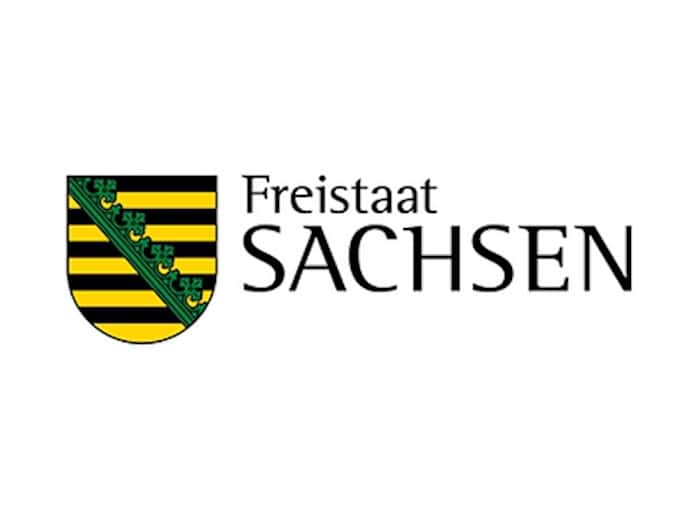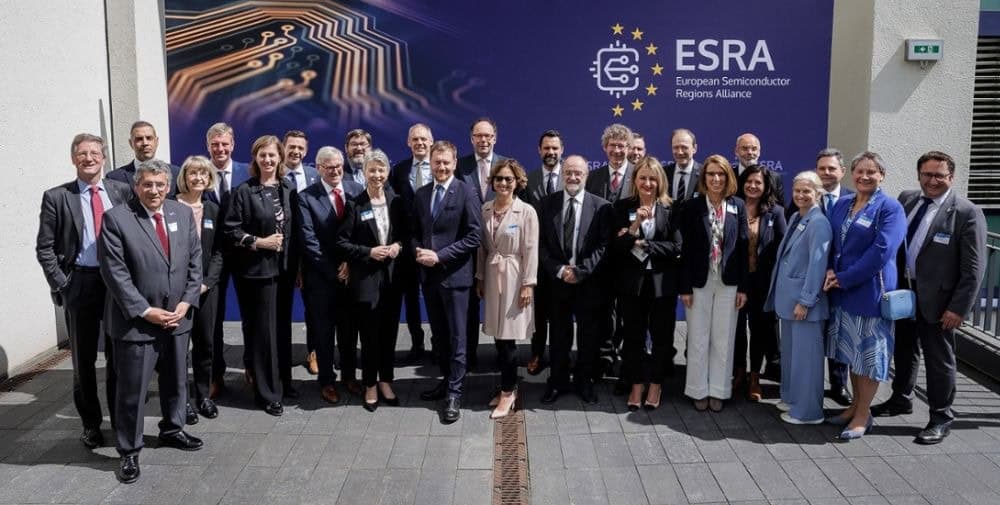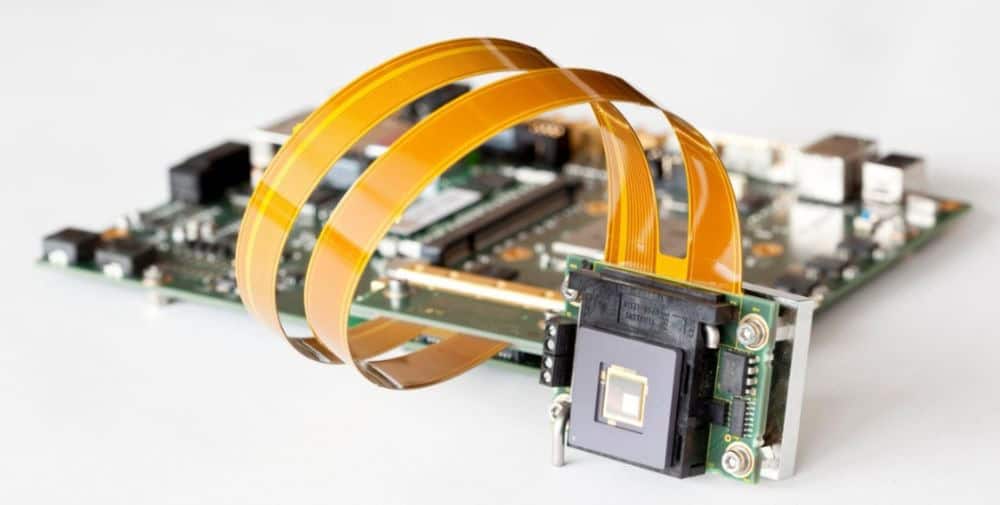
Michael Kretschmer, Minister-President of the Free State of Saxony and ESRA Chairman: “The founding of ESRA was absolutely right. It gives us visibility and a competent point of contact for the European Commission and national governments. Together we can achieve a lot. The fact that so many regions are standing together here is a strong signal and shows the great interest in even more intensive transregional cooperation in the field of European microelectronics. ESRA will make a significant contribution to ensuring that Europe is and remains competitive in this key industry in the coming years. This will not only strengthen Europe’s technological sovereignty, but also promote new jobs and economic growth in the regions.”
Alberto Cirio, President of the Piedmont Region (Italy) and Co-Chairman of ESRA: “Joining the European Semiconductor Regions Alliance is a strategic step for the Piedmont Region, as pooling our voices strengthens our influence in the semiconductor landscape. With market-leading companies and a world-class scientific research system, Piedmont is well positioned to take advantage of the opportunities opened up by the Chips Act. Working together strengthens our regional specializations, encourages investment and ultimately benefits Europe as a whole. I am honored to co-chair this initiative. As we prepare to assume the presidency of the Alliance in autumn 2024, I will work to promote ESRA’s themes to other Italian regions to ensure that we all work together for a prosperous and secure future.”
The position paper emphasizes the need to support the European semiconductor industry in the long term, to strengthen research and development and to create good and adequate framework conditions along the entire value chain. The signatories also reaffirm their intention to work even more closely together, particularly in vocational training, in order to effectively counter the shortage of skilled workers.
In addition to Minister President Michael Kretschmer, Regional Development Minister Thomas Schmidt and State Secretary for Economic Affairs Thomas Kralinski also took part in the first annual meeting in Dresden. A total of around 100 participants from the member regions traveled to the first big “family reunion”.
The ESRA is a working platform for the regions with the European Commission and the European Parliament to bundle the core interests of the semiconductor industry and articulate them at a political level. It aims to make an active contribution to strengthening Europe as a semiconductor location in global competition and to promote the competitiveness of the semiconductor industry in the regions of the European member states and the European Union as a whole.
The alliance is committed to achieving the European Commission’s goal of doubling Europe’s global market share in semiconductor production to 20 percent. The regions in which the high-tech ecosystems are located make a decisive contribution to this: they ensure the right framework conditions by providing the necessary complex infrastructure and research landscape, without which semiconductor production would not be possible.
Saxony had already initiated the process of founding ESRA in spring 2023. As the initiator, the Free State is chairing the first year, supported by the co-chair region of Piedmont (Italy). ESRA now networks the following regions: Baden-Württemberg, Bavaria, Hamburg, Hesse, Lower Saxony, Saxony, Saxony-Anhalt, Saarland, Schleswig-Holstein and Thuringia in Germany, Andalusia, Basque Country, Catalonia, Madrid and Valencia in Spain, Flevoland, Gelderland, North Brabant and Overijssel in the Netherlands, Carinthia and Styria in Austria, the Centro region and the Norte region in Portugal, Flanders in Belgium, Auvergne-Rhône-Alpes in France, Piedmont in Italy, Tampere and Helsinki in Finland, South Moravia in the Czech Republic, Skåne in Sweden, Wales in the United Kingdom and the Republic of Ireland.
Background to the creation of ESRA
In light of Europe’s insufficient semiconductor resilience and high dependence on semiconductor imports, the European Commission proposed a comprehensive package of measures to strengthen the EU’s semiconductor ecosystem in early 2022 – the European Chips Act (ECA). The Commission’s aim is to increase Europe’s market share in global chip production from just 10% at present to up to 20% by 2030. To achieve this, the Commission wants to mobilize public and private investment of up to 43 billion euros.
The ECA has already begun to take effect before it comes into force in September 2023, flanked by the Important Project of Common European Interest II Microelectronics (ICPEI II ME) programme. For example, the construction of the new “Smart Power Fab” by Infineon Technologies with an investment volume of €5 billion and the construction of the first factory of the Taiwanese semiconductor manufacturer TSMC in a joint venture with Bosch, NXP and Infineon with an investment volume of €10.5 billion are taking the high-tech ecosystem in Saxony to a new level. Other major semiconductor manufacturers in Saxony are expanding their capacities, including Bosch, Globalfoundries and X-Fab. The entire ecosystem consisting of suppliers, service providers and maintenance companies will grow accordingly. As a result, current investments in the Free State since the announcement of the ECA already amount to a double-digit billion figure.
– – – – – –
Further links
👉 www.sk.sachsen.de
Photo: Nikolai Schmidt



